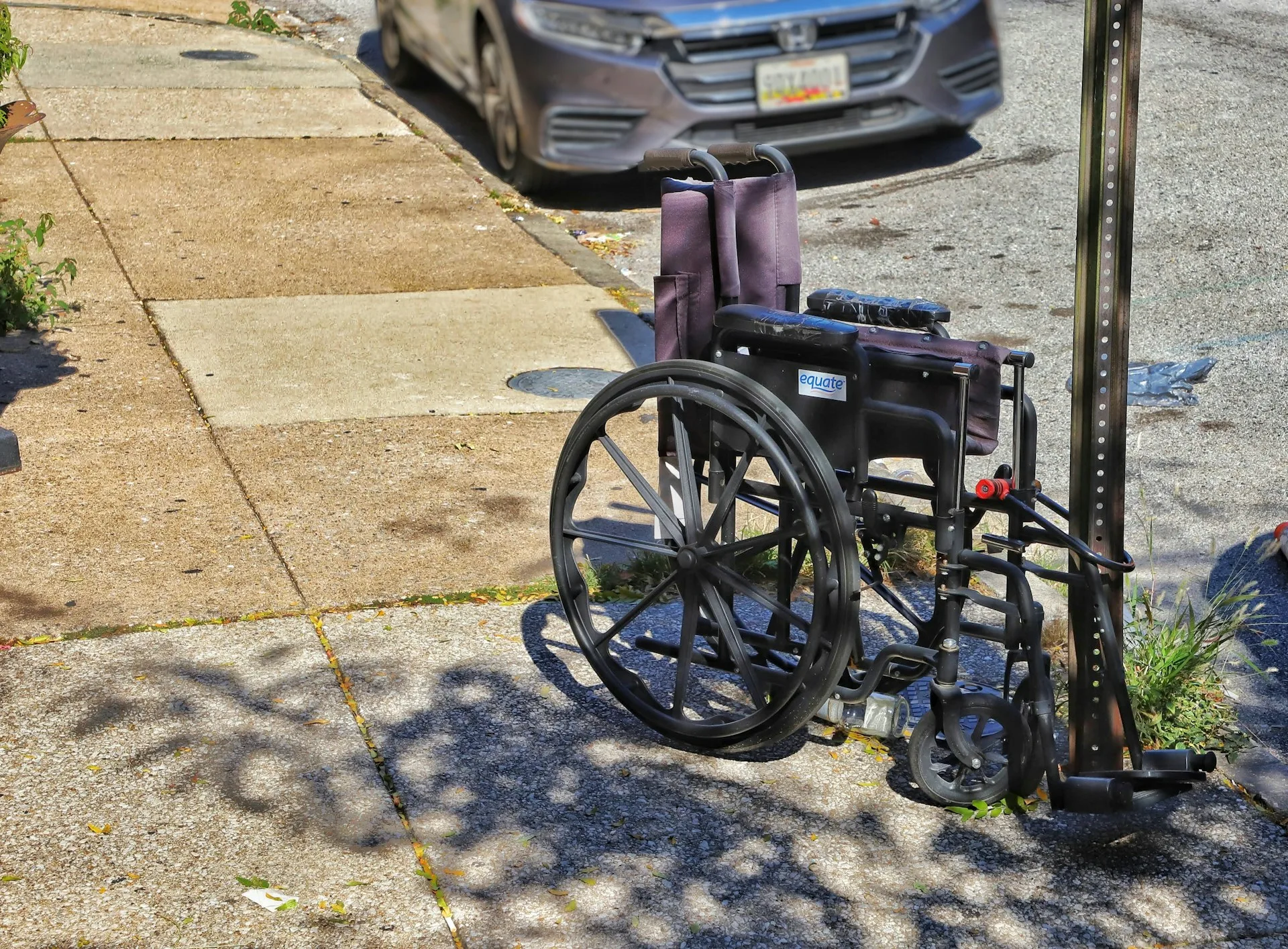The issue of inclusion of people with disabilities in the labour market is not only about rights or economics, but also about the level of social maturity. Each country chooses its own path to inclusion, based on its historical background, cultural characteristics and available resources. A look at the practices of the United States, Finland, Sweden, and Germany demonstrates how legislative mechanisms, digital solutions, and economic incentives are effectively combined to create effective employment support systems.
Read also: Is gender equality a utopia? What problems do women still face and what to do about them
USA: legal framework and flexible terms
In the United States, the Americans with Disabilities Act (ADA) is the basis for protecting the rights of people with disabilities. This regulation guarantees them the right to work in conditions that are as integrated as possible into the general environment, taking into account the necessary support. Employers must provide so-called “reasonable accommodations”: this may include a change in space, special equipment, or an adapted schedule. This approach not only opens the door for people with different characteristics, but also allows them to effectively realise their potential in the long term.
Read also: Startup Ukraine launches programme to support veteran businesses
Finland: focus on digitalisation and financial incentives
Finland, which has traditionally been characterised by a high level of digital transformation, is actively innovating in inclusive employment. Access to remote work technologies opens up new opportunities for people with disabilities, and workplace adaptation programmes help employers to take into account individual needs. Additionally, the government reimburses up to 70% of the costs of salaries for such employees and the purchase of appropriate IT equipment or staff training. These incentives significantly reduce risks for businesses and promote greater inclusion.
Read also: Ukraine needs 8.6 million additional workers by 2032
Sweden: personalised subsidies instead of tax breaks
In Sweden, the government has decided to move away from general tax preferences and focus on targeted subsidies. Each employee with a disability integrated into the workforce receives individual financial support from the state. This allows for consideration of the specific circumstances and needs of both the individual and the employer. This approach optimises budget expenditures and at the same time encourages employers to consciously create an inclusive environment.
Read also: Adaptive sport in Ukraine receives official status
Germany: strict quotas and social infrastructure
Germany demonstrates a comprehensive approach: it combines strict legislative regulation with an extensive system of social support. Vocational training for people with disabilities is carried out in accordance with common standards, often directly at the enterprise along with other employees. Companies with more than 20 employees are required to reserve at least 5% of their positions for people with severe disabilities, and if they fail to do so, they pay contributions to a special fund. There are also specialised workshops with additional services and advisory “Contact Centres” that help with rehabilitation and employment. Transport costs are reimbursed to support mobility, and employees with disabilities receive additional leave and protection from unjustified dismissal.
Source: InfoSapiens poll commissioned by the League of the Strong
Read also: Labour market 2025: key trends and forecasts



